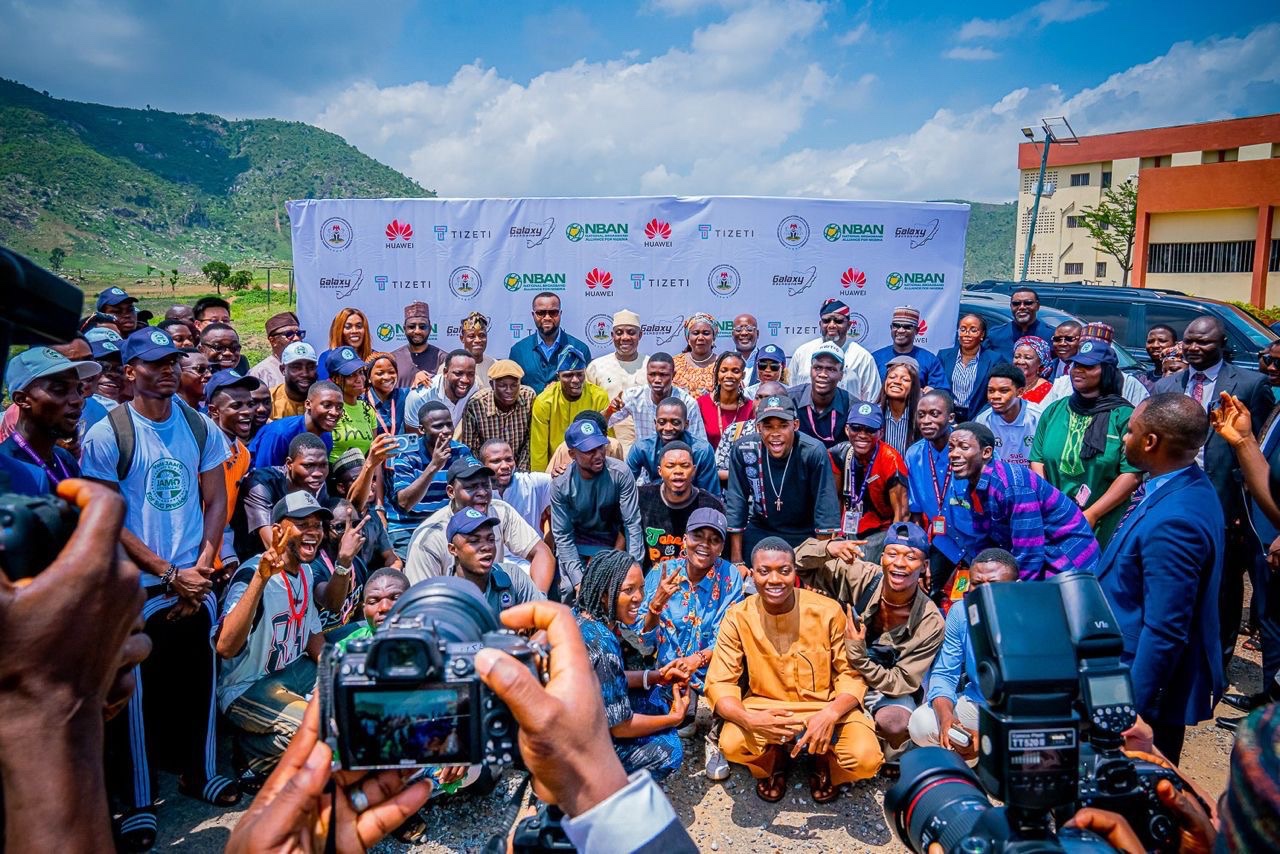The Nigerian government, in collaboration with internet service provider Tizeti and state-owned technology firm Galaxy Backbone, has launched an ambitious initiative to provide high-speed fibre-optic internet to student hostels at the University of Lagos (UNILAG) and the University of Abuja (UniAbuja). This project is a pivotal step toward addressing the digital divide in Nigeria’s higher education sector, aiming to enhance access to online educational resources, support academic research, and empower students with the tools needed to thrive in a digital economy. By targeting student accommodations, the initiative ensures that reliable, high-speed internet is available where students live and study, fostering an environment conducive to academic excellence and innovation.
Tizeti, a leading provider of affordable internet services in Nigeria, brings its expertise in deploying scalable wireless and fibre-optic networks to this partnership. The company’s technology enables high-capacity internet delivery, capable of supporting bandwidth-intensive activities such as online lectures, video conferencing, and access to global academic databases. Galaxy Backbone, a state-owned ICT firm, contributes its extensive fibre-optic infrastructure and technical know-how to ensure the network’s reliability and scalability across the campuses of UNILAG and UniAbuja.
At the University of Lagos, the fibre-optic rollout covers multiple student hostels, providing thousands of students with internet speeds that far surpass the capabilities of traditional mobile data networks. This enhanced connectivity allows students to engage seamlessly with e-learning platforms, conduct research, and collaborate on projects without the interruptions often caused by unreliable internet. The initiative is designed to reduce the financial burden on students who previously relied on costly mobile data plans, making digital resources more accessible to a broader segment of the student population.
Similarly, at the University of Abuja, the project targets both undergraduate and postgraduate hostels, addressing long-standing connectivity challenges that have hindered academic progress. The fibre-optic infrastructure ensures stable and high-speed internet, enabling students to participate in virtual classrooms, access scholarly journals, and engage in digital skills training essential for the modern workforce. This development is particularly significant for students in remote or underserved areas of the campus, where internet access has historically been limited or inconsistent.
The collaboration aligns with the Nigerian government’s broader digital transformation agenda, which seeks to modernize the education sector and prepare students for a technology-driven future. By leveraging public-private partnerships, the initiative demonstrates a model for scalable, sustainable internet deployment in educational institutions across the country. The government’s involvement ensures policy support and funding, while Tizeti and Galaxy Backbone provide the technical expertise and infrastructure needed to execute the project effectively.
This initiative is expected to have far-reaching impacts beyond immediate academic benefits, as improved internet access in hostels fosters a culture of innovation and entrepreneurship among students. For instance, students can now explore online learning platforms, develop digital skills, and participate in global hackathons or coding bootcamps from their dormitories. Additionally, the availability of reliable internet supports extracurricular activities such as student-led tech clubs and online collaboration with peers from other institutions worldwide.
The project also addresses equity in education by reducing the digital gap between students from different socioeconomic backgrounds. Many students in Nigeria have struggled to afford mobile data or access campus Wi-Fi, which is often limited to specific locations like libraries or computer labs. By bringing high-speed internet directly to hostels, the initiative ensures that all students, regardless of financial constraints, can access the same digital opportunities.
Implementation of the fibre-optic network involved significant logistical and technical efforts, including the laying of fibre cables, installation of network equipment, and configuration of secure access points within the hostels. Galaxy Backbone’s role was critical in integrating the new infrastructure with its existing national fibre-optic backbone, ensuring seamless connectivity and minimal downtime. Tizeti’s contribution included deploying last-mile connectivity solutions, which are tailored to the specific needs of densely populated hostel environments.
Stakeholders have expressed optimism about the project’s potential to transform the educational landscape in Nigeria. University administrators at UNILAG and UniAbuja have noted that the improved connectivity will enhance the quality of education and support the adoption of hybrid learning models, which combine in-person and online instruction. Students have also voiced enthusiasm, highlighting how the initiative alleviates the stress of unreliable internet and enables them to focus on their studies.
The success of this project could serve as a blueprint for expanding high-speed internet access to other universities and educational institutions across Nigeria. The government has indicated plans to replicate the model in additional tertiary institutions, with a focus on federal and state universities in underserved regions. Such expansion would further the goal of creating a digitally inclusive education system that equips students with the skills needed to compete globally.
Challenges remain, however, including the need to maintain the infrastructure and ensure affordability for students in the long term. Tizeti and Galaxy Backbone are working to establish sustainable maintenance frameworks, including technical support teams and regular network upgrades, to keep the system operational. The government is also exploring subsidies or cost-sharing models to ensure that the benefits of the initiative are sustained without placing additional financial burdens on students.




